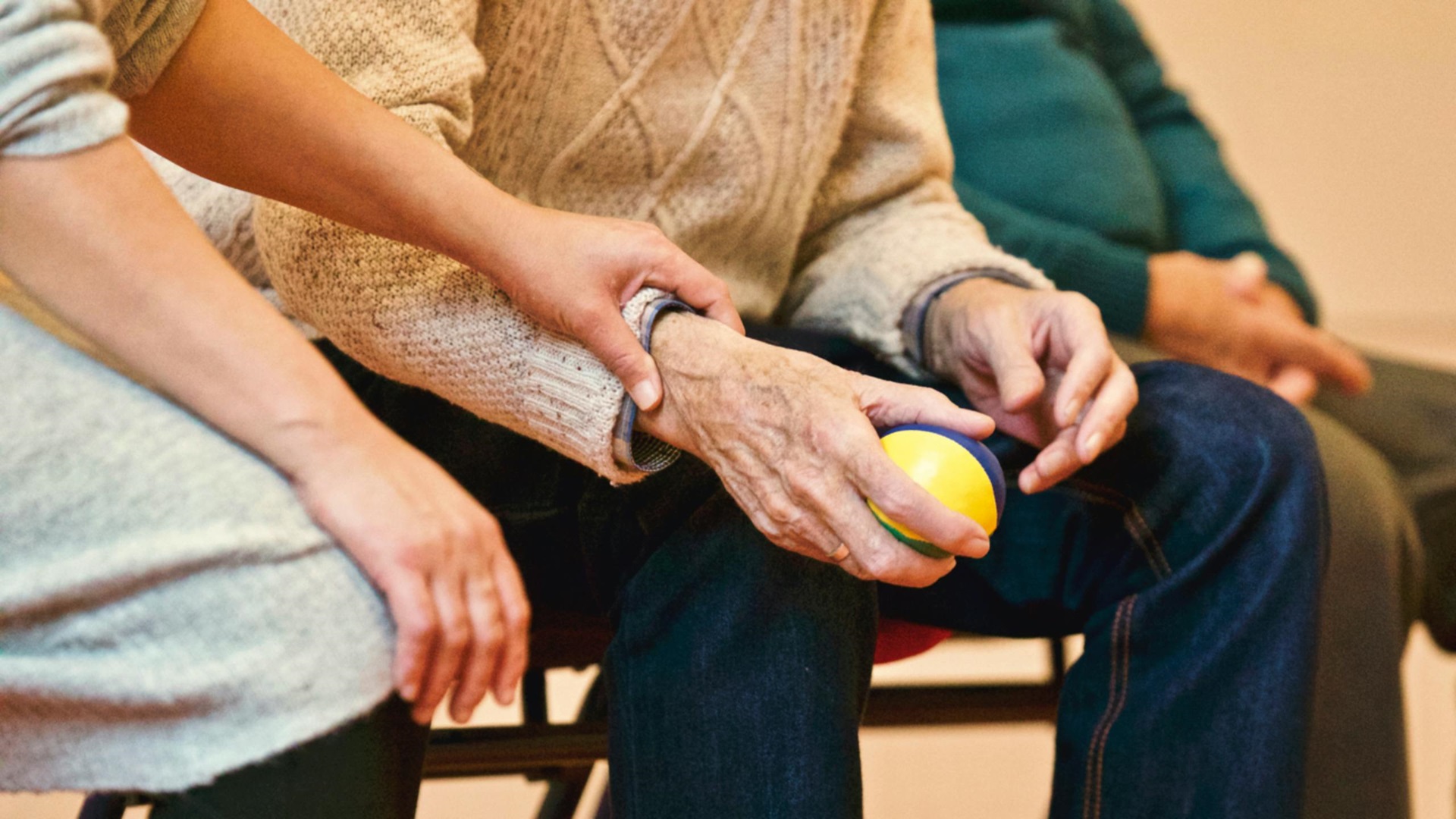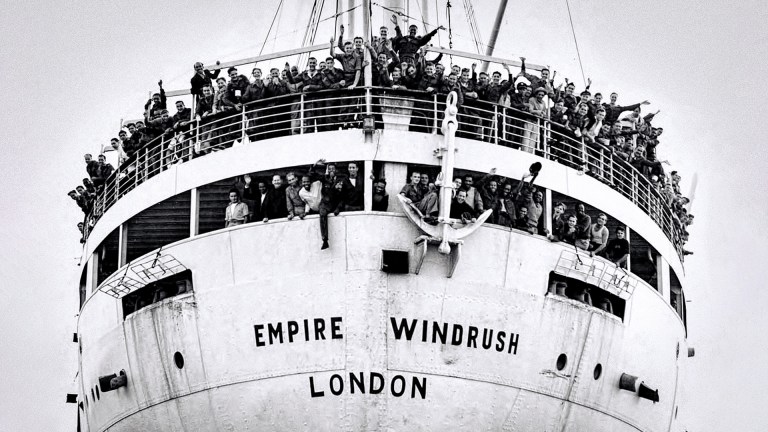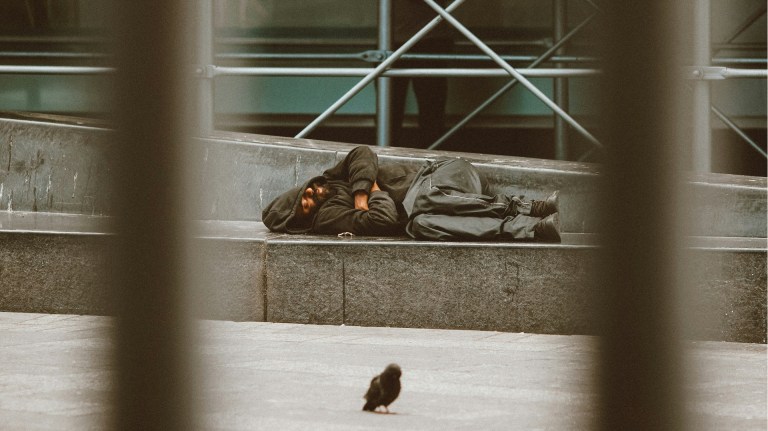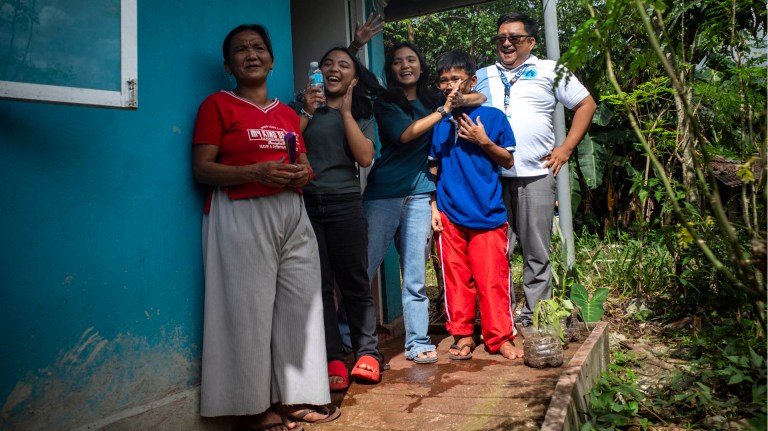On the night of 1 July, just hours after 22 migrant-led groups, trade unions and frontline organisations sent an urgent letter to the home secretary, the government quietly rolled out sweeping immigration reforms. The rushed changes – based on a white paper with barely six weeks of public scrutiny – were framed as a “reset”. In reality, they signal something far more sinister: an escalation of the hostile environment and a strategy to push through anti-migrant reforms widely criticised by migrant communities, the labour movement, and businesses across the UK.
Key visa routes are being shut down. More than 100 roles have been stripped from the already exclusionary points-based system. The salary threshold for visas is rising above what many essential workers earn. Even settlement and citizenship – once seen as pathways to stability – are under threat, with the government proposing longer waits, higher costs and stricter conditions, though claiming these will follow a consultation later this year.
For care workers who had hoped to come to the UK – to work in a sector where many were actively recruited by the government just months ago to address chronic labour shortages – that door is now being slammed shut. Some of those already here are being reminded they may no longer bring their families. For those working in precarious sectors like food production, logistics, domestic work, construction, cleaning – or in insecure roles within education – the message is chilling: you can be used, but not supported. Needed, but not welcomed. Necessary – but not treated with dignity.
The reforms took effect on 22 July — the same day parliament went into recess. That’s no coincidence. It’s a tactic to avoid scrutiny and silence dissent.
Read more:
- Why we need more migrants in political office
- The hostile environment has failed. We need a new deal for migrant domestic workers
- Copying Nigel Farage gives him a credibility he hasn’t earned
Migrant communities have responded with alarm, grief, and rising fear. These aren’t abstract policies – they’re decisions with immediate, life-altering consequences. Parents worry about being separated from children. Long-standing residents are suddenly unsure if they’ll be able to stay. Working people are being pushed into deeper insecurity – anxious about losing their status through the many ways the system fails immigrants, and facing the harsh reality of being made undocumented, where daily life is shaped by fear of detention, hyper-exploitation, loss of livelihood, and forced removal.






